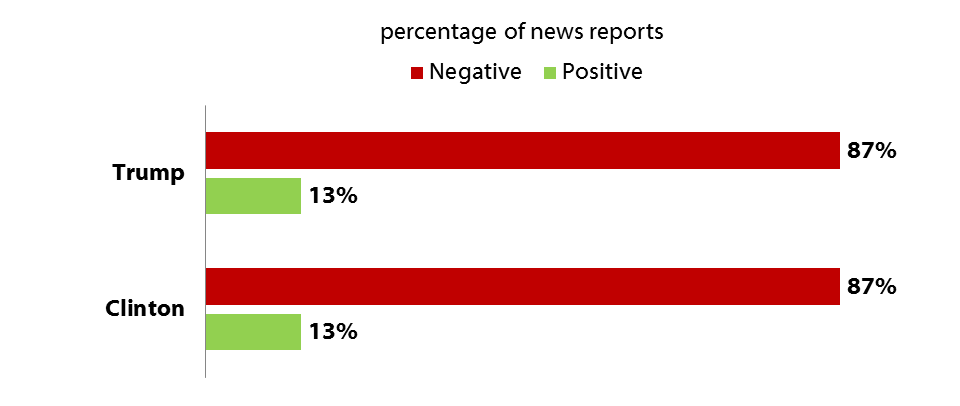
A Harvard University analysis of The New York Times and other so-called paradigms of journalism showed some serious dereliction of duty during the 2016 Presidential campaign. The Washington Post‘s astute media chronicler and former New York Times public editor Margaret Sullivan observed:
During the 2016 presidential campaign, the national news media’s misguided sense of fairness helped equate the serious flaws of Hillary Clinton with the disqualifying evils of Donald Trump.
“But her emails . . .” goes the ironic line that aptly summarizes too much of the media’s coverage of the candidates. In short: Clinton’s misuse of a private email server was inflated to keep up with Trump’s racism, sexism and unbalanced narcissism — all in the name of seeming evenhanded.
And who’ll ever forget how Trump-kingmaker Jeff Zucker exploited the Trump campaign circus to ratchet up CNN’s audience with little regard for his news organization’s reputation as…a news organization?
In fact, one of the stronger memes emerging from the last election pins a portion of Mr. Trump’s success on the inability (or unwillingness) of mainstream journalists to forcefully challenge the contrived (i.e., fake) talking points emanating from the lips of myriad GOP surrogates who filled the screens and social streams of the American electorate.
A morning at the gym didn’t go by without giving me agida watching a sleepy Chris Cuomo or Alisyn Camerota handing over their airwaves to a blathering Kellyanne Conway to spew unchecked falsehoods ionto CNN’s viewers’ screens.
We now find ourselves nearly a year after peak Trump campaign rhetoric. While the damage is done, we’re finally seeing some promising signs of mainstream journalists fulfilling their chosen vocation’s duty as a check to the spread of misinformation. In the last two weeks alone, media watchers applauded (and shared) instances of TV news hosts exerting their authority.
Here’s MSNBC’s Ari Melber calmly, but forcefully denying a Trump surrogate the ability to deliver a dubious set of facts:
And then there were Wall Street-savvy Ali Veshi and Stephanie Ruhl sticking it to another Trump surrogate on economic issues (also on MSNBC):
In fact, some of the best, i.e., well-researched and reported journalism on cable news today can be attributed to MSNBC’s Rachel Maddow and CNN’s Brian Stelter. Maddow and her news network are being rewarded with an astounding growth in viewers, e.g., the #1-rated show on cable for the coveted 25-54-year-old demo. While Brian Stelter is fearless in calling out bullshit:
I said some journos and many other folks are worried about Trump’s fitness. And that’s a fact. “Is he suffering from some kind of illness?”
— Brian Stelter (@brianstelter) August 21, 2017
Quality journalism surely abounds in today’s news ecosystem. Who didn’t watch Vice on HBO’s riveting report on the Nazi march in Charlottesville? Or just today, Pro Publica’s expose on neophyte Ben Carson’s dismantling of the U.S. Department of Housing and Urban Development (HUD). Even Jake Tapper is stepping up his game.
Nonetheless, we are only at the incipient stages of a movement to repair the damage to a once-noble profession. All self-respecting journalists must take extra pains to do their homework to assiduously and credibly call out the forces that are aligned to denigrate journalism and misinform the public. Today’s media consumer has myriad choices for their news and information. Hopefully, we’ll see a majority of those sources consumed and driven by truth-telling.
Today’s media consumer has myriad choices for his or her news and information. Hopefully, we’ll see a majority of those sources consumed and driven by truth-telling.